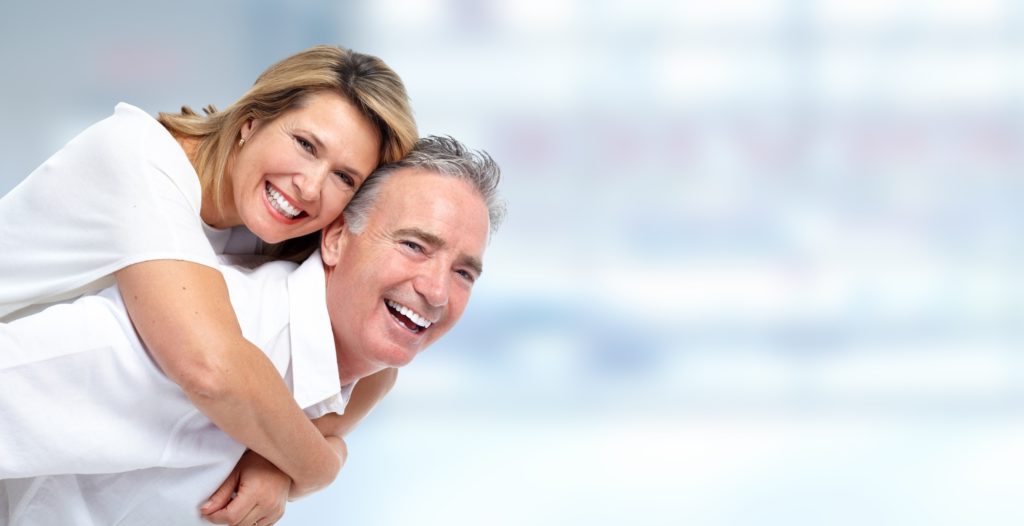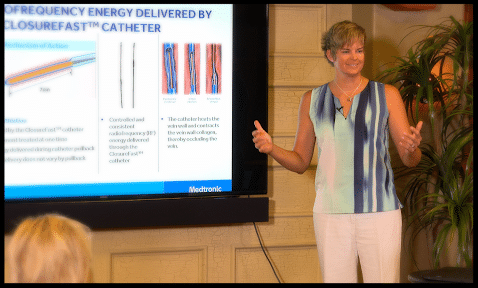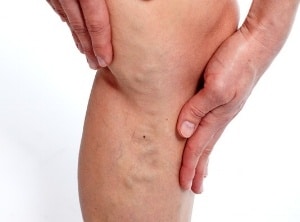
Home Remedies for Varicose Veins
Can You Cure Varicose Veins?
There are several conservative therapy and management of vein insufficiency options to help with the symptoms associated with varicose veins. None of these methods will prevent or fix the underlying problem. There is no cure for varicose veins or venous insufficiency, once a vein is abnormal (fails to return blood to the heart in a timely fashion) it will always be abnormal. Fortunately, a vein specialist can do a full vein exam and painless duplex ultrasound to find out which veins are insufficient and to recommend treatment options to alleviate health risks and varicose vein pain.
Varicose Veins Home Treatment
• Compression stockings will help minimize symptoms particularly for those who spend a lot of time standing. All patients diagnosed with vein insufficiency are required to wear at least 20-30mmHg compression stockings for a minimum of 90 days prior to insurances approving any type of intervention. Compression stockings are strongly recommended for patients with venous disease who travel, either on a flight or drive over 3 hours. This helps to minimize the risk of developing deep vein thrombosis (DVT), or a blood clot as a result of the underlying vein disease and lack of mobility.
• We know that when blood stops moving, it clots, so if you are sitting for a long time in one place, your risk of the blood pooling (venous reflux) and ceasing to flow increases significantly. This brings us to the second important conservative vein therapy – movement. Within your own parameters, be as active as possible, all day long. Take breaks from your desk job, go for a brief walk, or do leg exercises at your desk. This improves circulation, thereby minimizing the symptoms associated with vein problems. Elevating your legs whenever possible will help to decrease swelling in legs, leg fatigue, itching legs, etc.
• Finally, as with all other chronic health conditions, a sensible diet helps in a myriad of ways. Most importantly, stay well hydrated. Heat will affect varicose veins, especially in the summer in Arizona. Consuming at least 64 ounces of water a day, better yet a gallon of water a day, prevents dehydration and improves blood flow. In patients who are dehydrated, blood flow becomes sluggish, and we know slow blood flow increases the risk of clots.
Oftentimes, these simple and conservative vein therapies will be helpful. For people with continuing and more aggressive symptoms, a visit to a vein specialist for a full exam and duplex ultrasound is the best solution for finding relief from varicose vein pain and vein treatments to reduce overall health risk!
Is there anything worse than itchy varicose veins? Maybe, but itchy veins remains high on the list of issues we would love to resolve before they drive us crazy. If you are experiencing itching around your varicose veins, it could be a message from your body that it is time to have your veins checked…
Read MoreThe full story on Chronic Venous Insufficiency, what it is and how to treat it. A video presentation by Jilanne Rose, DNP-C, Clinical Director. Run Time 24:46. TRANSCRIPT What’s the Difference Between Veins and Arteries? When we talk about vascular health and vascular disease most people think about arteries. When we talk about the…
Read MoreA group of Gilbert Arizona Residents concerned about Chronic Venous Insufficiency gathered on Saturday July 16th for an interactive discussion on CVI symptoms, causes and treatments. Chronic Venous Insufficiency, Venous Reflux Disease and Varicose Veins affect over 30 million American men and women. Unfortunately, many do not get treated as they believe varicose veins are…
Read MoreCan Chronic Venous Insufficiency (CVI) be reversed? Unfortunately the short answer to this question is no; but CVI can be treated with minimally invasive procedures which can reduce symptoms and improve quality of life tremendously! Chronic Vein Insufficiency Causes In order to understand why venous insufficiency or peripheral venous insufficiency cannot be reversed, we must…
Read MoreWhat can you do to treat bleeding varicose vein and spider veins? First and foremost, don’t panic. Although the visual effect of a ruptured varicose vein or bleeding vein can be alarming, there are some simple things that can be done to get the bleeding to stop. If you can reach the area that is…
Read MoreWhy are varicose veins painful? The discomfort associated with varicose veins is caused by a combination of factors. When veins are weak, the blood which is supposed to return to the heart in a timely fashion, settles and pools in the superficial vein system. This pooling of blood worsens when patients stand or sit in…
Read MoreEndovenous Ablation Definition Taken literally, endovenous ablation is the removal of a vein from within. ‘Endo’ means internal or inside, ‘venous’ refers to a vein, and ablation is to ‘remove’. In the instance of veins, it is no longer necessary to physically remove a vein from the leg (vein stripping) to improve symptoms or the…
Read MoreThe newest procedure for the treatment of varicose veins was approved by the FDA about two years ago. It is what has been termed a non-tumescent non-thermal therapy. What this means is that it does not require a lot of numbing medicine to complete, and it does not use a heating element to close or…
Read MoreWhat is the best treatment for varicose veins? No varicose vein is the same; no person’s symptoms are the same; and so the best procedure for varicose veins is not always the same. The treatments associated with vein disease are based on a patient’s symptoms, vein size, location, contributing conditions, and ultrasound findings. Different…
Read More

